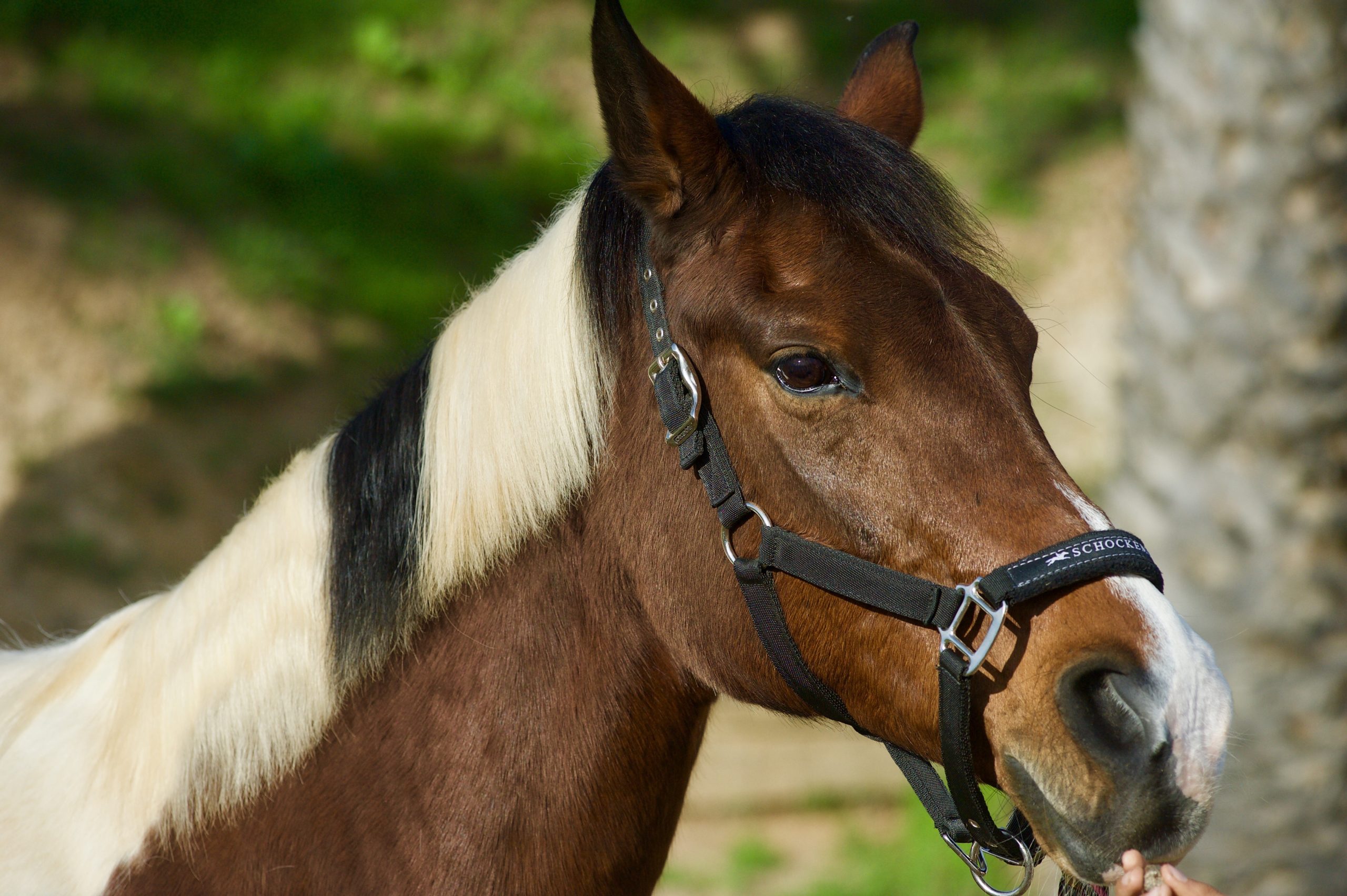- May 29, 2020
- Horse Care , Horse Riding
- Comments : 0
Horse Psychology
Although there are many types of horses, even today they all share certain common
and universal characteristics as a result of their evolution, imprinted in their genetic
code, which are what give them their own identity as a horse. Below we will describe some of the main characteristics of horse psychology.
The escape. In its natural state, escape constitutes a basic survival behavior. The
horse’s natural habitat is grassland, prairie and steppe and its natural predators have
always been big tigers and lions. Anatomically, physiologically and psychologically,
the horse evolved as a sprinter, making escape its basic tool for survival. For this
reason, the horse has an innate instinct to escape any danger.
Perception. Prey species must be more perceptive than predators to survive. In its
natural state, the horse lives in constant danger of being eaten by predators, hence it
is programmed to be permanently aware of any danger and immediately flee. Horses
have an unmatched ability to perceive sensory stimuli. We, as humans, can only
imagine the fineness of the senses that horses possess at best.
Movement control. The horse is the only common domestic species that exercises
its dominance and determines its hierarchy by controlling the movement of its
companions. It is understood that in a species in which the ability to escape can
mean life or death, control of movement is the means to establish leadership. The
dominant horses make threatening gestures towards the subordinate members and
these, by yielding their space, reaffirm the position of dominance of the leader.
Movement control is the foundation of training for all equestrian disciplines.
Precocity. The horse is a precocious species, which means that it is neurologically
mature from birth. Unlike predatory species, in which offspring are generally highly
vulnerable and depend on the intensive care and protection of the mother or both
parents, the prey species must be able to quickly recognize and escape potential
danger. The best time to teach horses is exactly after giving birth, the moment they
visualize and memorize everything they see, move and want to follow and respect
(usually the mother).
These are just some of the aspects of horse psychology. This animal has many more
aspects of total importance to relate to it. Understanding these characteristics is
invaluable for any human who intends to have a relationship with this wonderful
animal species.

